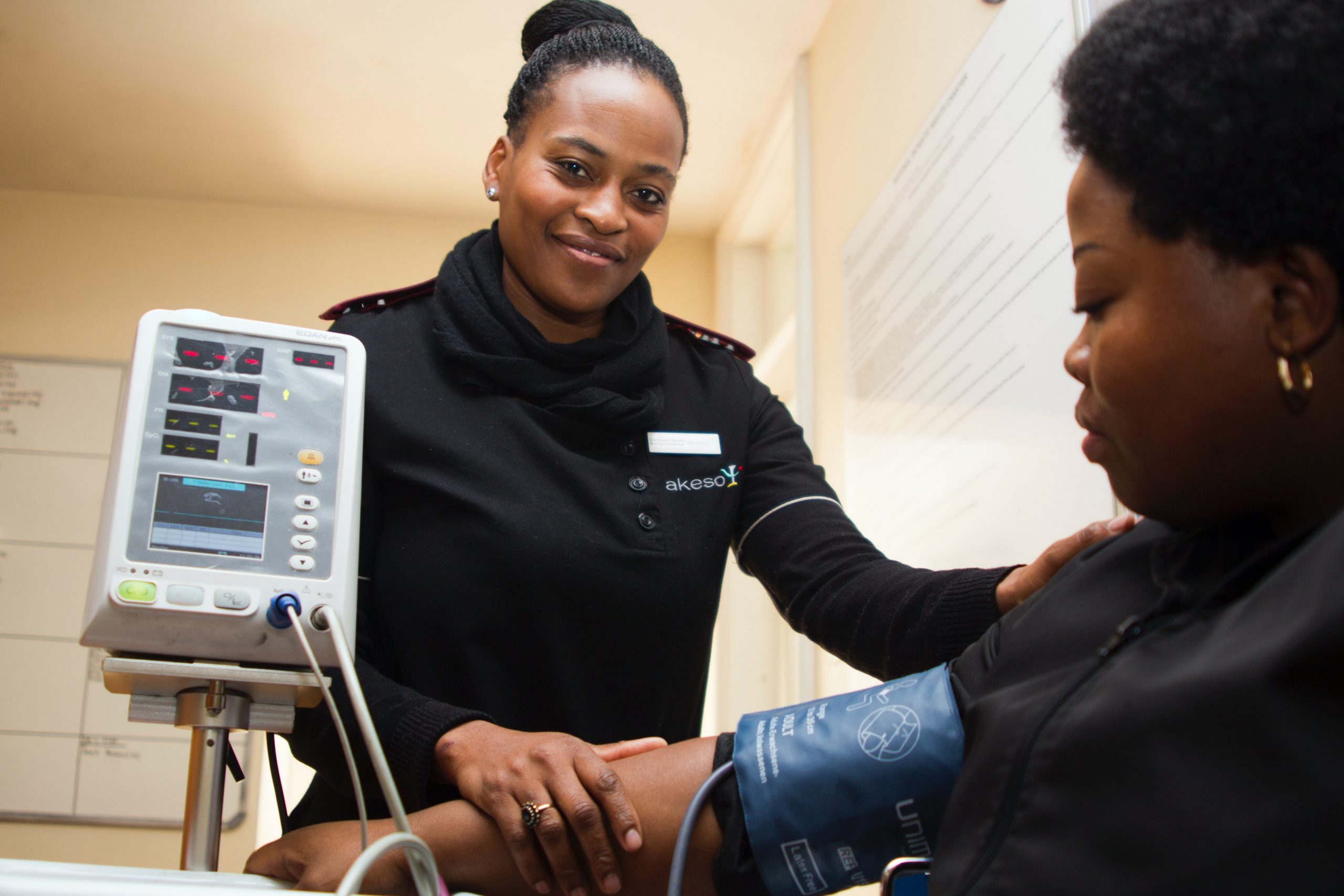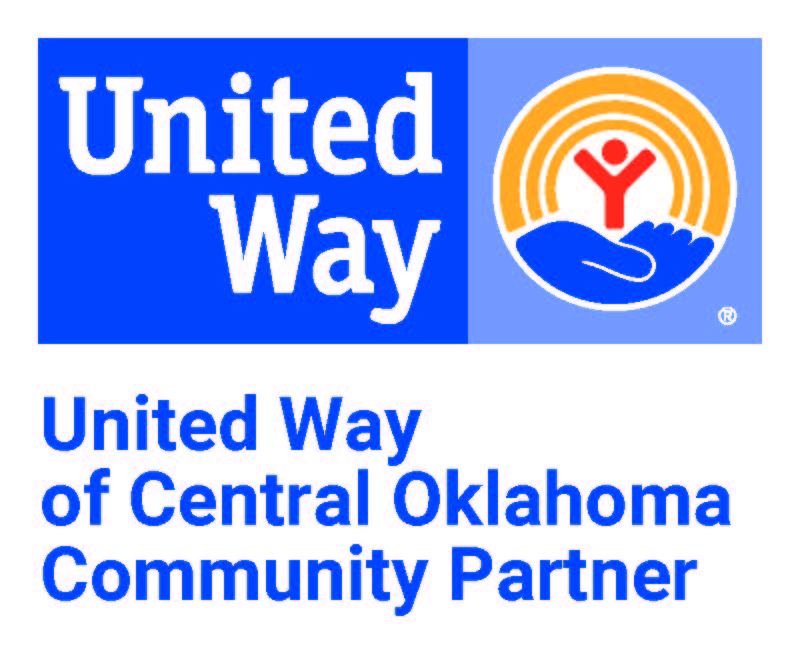
February is American Heart Month, a time when organizations around the country share information and tips about improving (or maintaining) heart health. We’ve created a consolidated list that tells you what you need to know about heart-healthy living and steps you can take to improve the health and function of your body’s most vital organ.
We’ll start with a definition of what “heart-healthy living” really means. According to the National Heart, Lung, and Blood Institute (NIH), “[h]eart-healthy living involves understanding your risk, making choices, and taking steps to reduce your chances of getting heart disease.”1
The first component to heart-healthy living is understanding your risk. There are several risk factors for developing heart disease such as having high blood pressure or cholesterol, being a man over the age of 45 or a post-menopausal woman, smoking, having diabetes or not being physically active.2
The good news is that you can make choices today to help significantly lower your risk of getting heart disease in the future. Choices range from including more movement and activity in your day to changing up your diet. If you want to lower your risk of getting heart disease, you’ll want to be intentional about your movement and diet.
Below are a few creative ways you can incorporate more physical activity and healthier food and beverage options into your daily habits.
Schedule time for stress-relieving hobbies like birdwatching, knitting, watching comedic videos (laughing is a great form of stress relief) or completing puzzles.Find fun ways to incorporate movement like:
Lower cholesterol by sneaking great sources of fiber like oats, apples and avocados into dishes like salads or pancakes.
Eat fish high in omega-3 fatty acids like salmon or tuna about twice a week.
Avoid adding salt to a dish and instead reach for your herbs and spices.
We would be remiss if we excluded a trip to the Y (either in-person or virtually) from this checklist. Aerobic fitness like running and swimming can keep your heart healthy, but strength training is important, as well. The more muscle mass you build, the more calories you burn! We have classes that focus on interval training, building strength, improving balance and mobility, and more. It’s never too late to show your heart some love. Let the Y help you achieve your heart-healthy goals!
1 https://www.nhlbi.nih.gov/health-topics/heart-healthy-living
2 https://www.cdc.gov/heartdisease/risk_factors.htm
Written by Kelsey Pagonis, kpagonis@ymcaokc.org
Our mission is to put Christian principles into practice through programs that build healthy spirit, mind and body for all.
The YMCA of Greater Oklahoma City is a 501(C)(3) Non-Profit Organization. Donations are tax-exempt.
